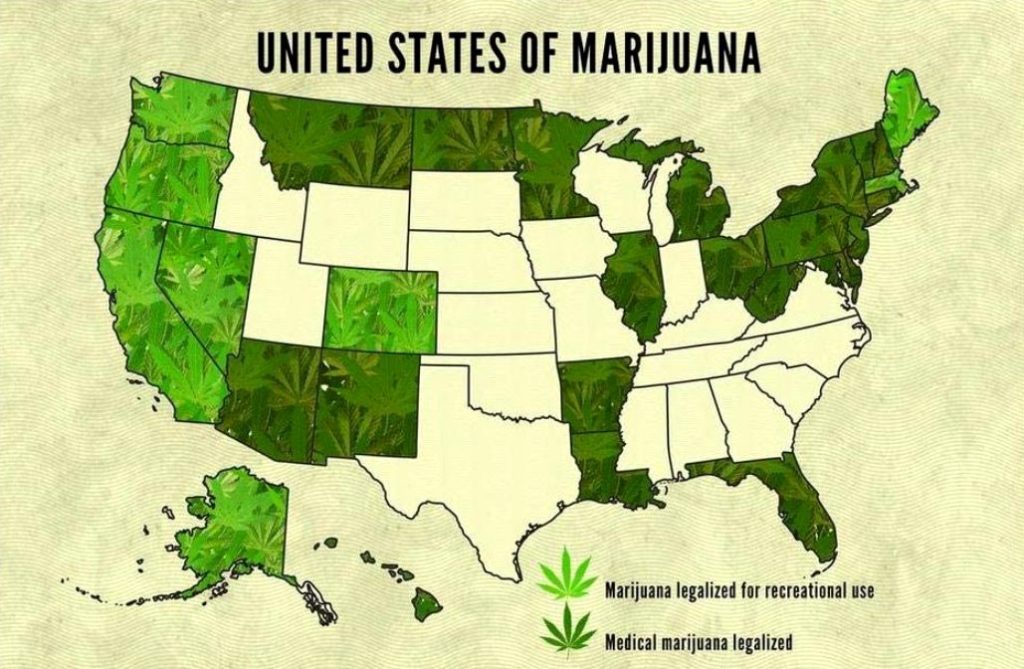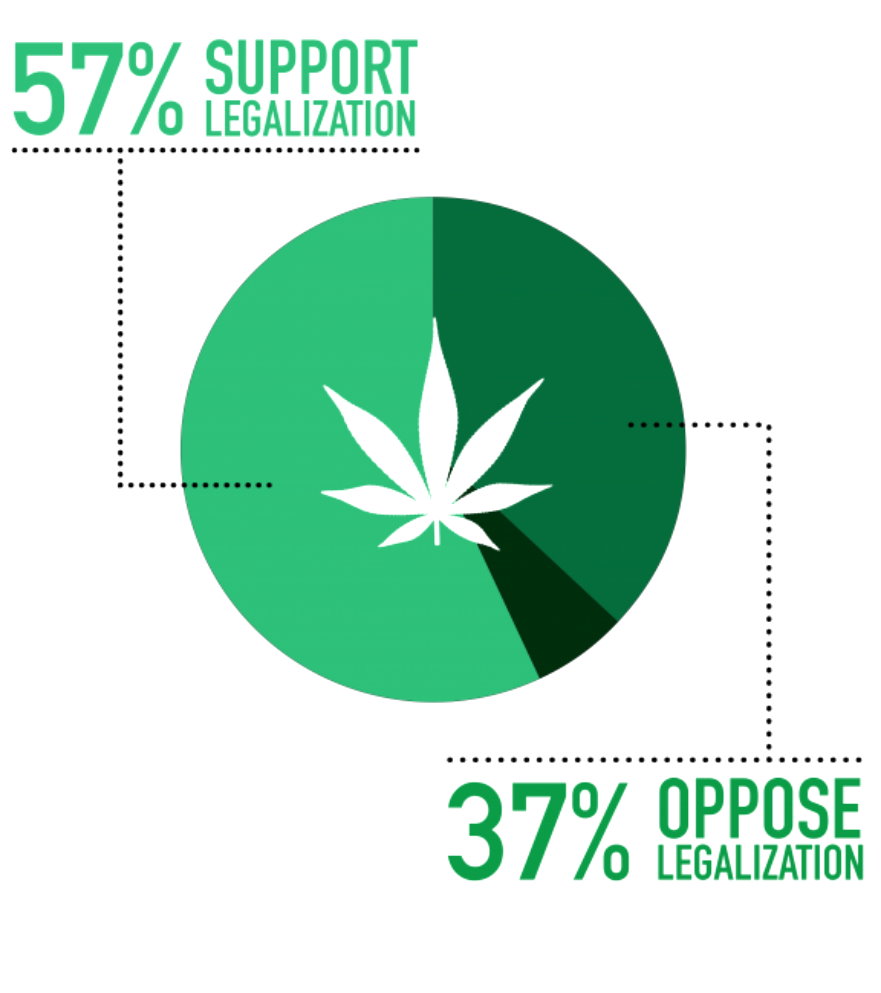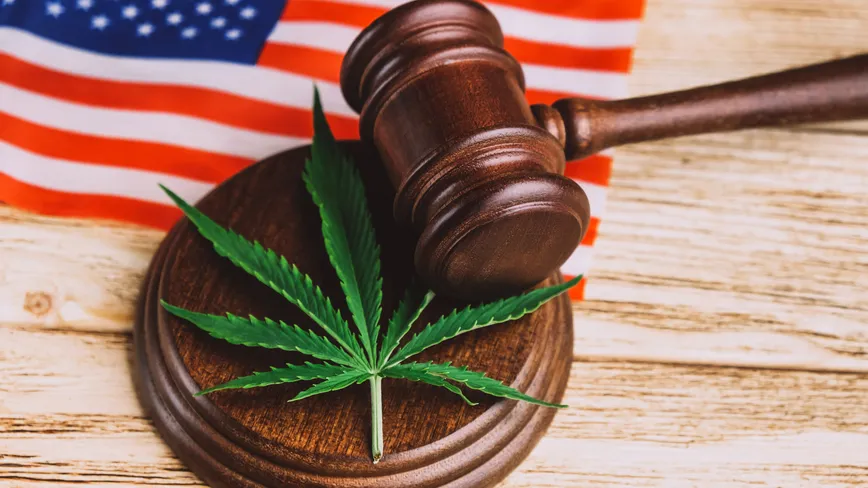In February, Rob Wyden, Sen. (D), and Earl Blumenauer, Rep. (D), introduced H.R. 420, “Regulate Marijuana Like Alcohol Act” and S. 420, “Marijuana Revenue and Regulation Act,” potentially legalizing marijuana at a federal level. Weed is already fully legal in Alaska, California, Colorado, Maine, Massachusetts, Michigan, Nevada, Oregon, Vermont, and Washington, and it’s also medically legal in dozens of other states. Now, our nation stands at the brink of change. The legalization of marijuana will generate billions of dollars of revenue–revenue that can potentially be used to finance universal healthcare.


For our purposes, let’s call these two acts “Bill 420.” If Bill 420 passes, small cannabis businesses would enjoy the same tax deductions as other companies in other industries. Bill 420 would also remove past and impending federal criminal penalties as well as the possibility of asset seizure–so long as businesses comply with applicable state laws. Additionally, access to research, advertising, and banking would be allowed. While the law is a good start, Bill 420 is missing a key component. Through a legalized and federally ran pot industry, the federal government could redistribute marijuana tax dollars to fund a healthcare program for all.
The business of America is business, after all. With the legalization of marijuana, we have an opportunity to produce an entirely new revenue stream for healthcare–one that essentially uses the taxes from a potential $100 billion pot industry to pay for healthcare. Opponents of healthcare programs often argue that there isn’t enough money to finance universal healthcare, and maybe they’re right. But by nationalizing the pot industry, we could use that money to fund a healthcare program for everyone.

Right now, with 10 states fully legal and many more partially legal, the pot industry already earns a staggering $10 billion per year. Currently, much of that money goes to private owners, just as it did in the former “black market” manner prior to legalization. If all states were fully legal, some estimate marijuana sales could generate $100 billion per year.
My new plan could be used to fund a universal healthcare program. And the benefits don’t stop there. By nationalizing the pot industry, we would redirect marijuana revenue from pot dealers and private individuals to the general populace. State-operated marijuana stores would provide countless jobs, providing thousands with access to regular daytime jobs and healthcare from these jobs.
George Freeman, Chaplain
Universal Life Church

